National firearms register to access criminal records and family violence orders, plus gun details
A $250m national firearms register will have access to criminal records and family violence orders alongside details of guns and firearm licence holders.
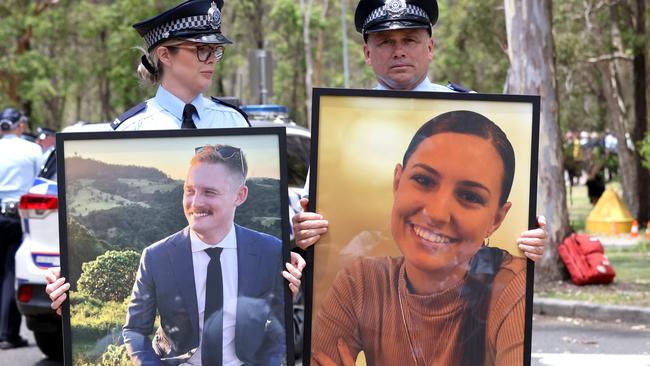
The national firearms register will have wide access to information such as family violence orders and criminal convictions, alongside details of every licensed gun-owner and registered gun in Australia, in the most far-reaching reform of firearms laws in a generation.
Finally agreed to by national cabinet this week, the $250m register will be developed and managed by the Australian Criminal Intelligence Commission and draw in data from the eight state and territory firearm databases and four commonwealth agencies – the Australian Federal Police, Australian Border Force, the Department of Defence and the Attorney-General’s Department.
It will go far beyond what was envisaged when a nationwide information-sharing system for firearm registration was first agreed by Australia’s political leaders in 1996 in the wake of the Port Arthur massacre of 35 people in Tasmania.
A fresh push for a national register was triggered by the attack at Wieambilla, in southern Queensland, nearly a year ago, in which three Christian extremists shot dead two police officers and a neighbour.
Target on Guns
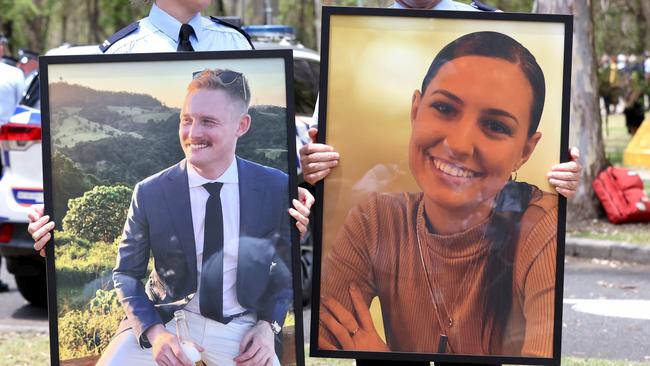
Extremists, crims, AVOs on guns register
A $250m national firearms register will have access to criminal records and family violence orders alongside details of guns and firearm licence holders.
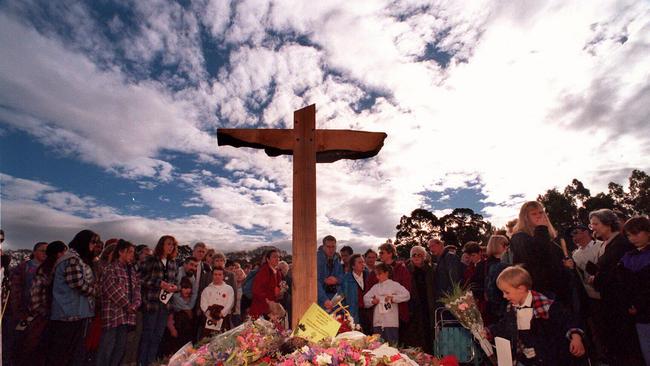
Firearms register win, as FBI nabs cop killers’ US contact
Twenty-seven years after it was first agreed following the Port Arthur massacre, Australia’s leaders sign a historic deal to introduce a national gun registry.
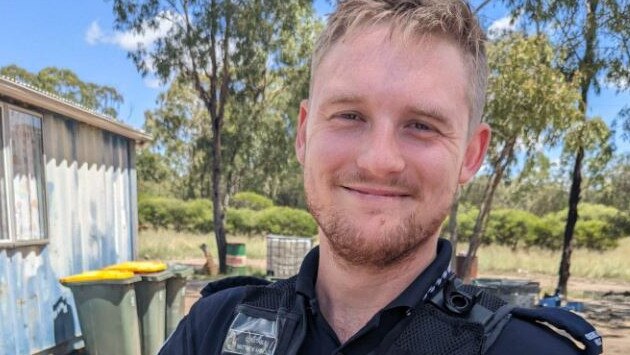
Nation’s leaders urged to do deal on gun register
Police and gun safety advocates urge premiers, PM to ‘show some fortitude’ on firearms ahead of the anniversary of the Wieambilla police murders.
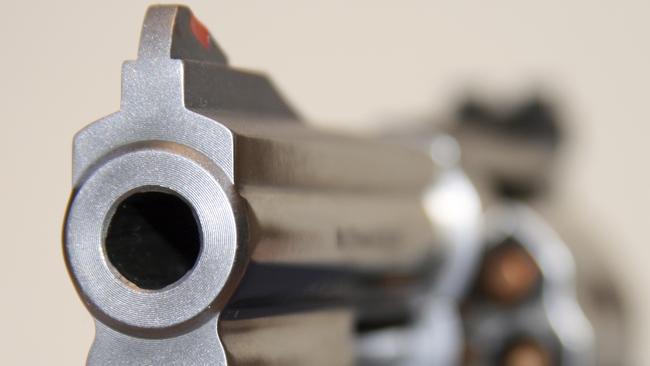
‘Red-flag cop-haters, sovereign citizens’ on firearm register
A national firearm register should include intelligence about licensed gun-owners who have been identified on social media as ‘police-haters’ or sovereign citizens.
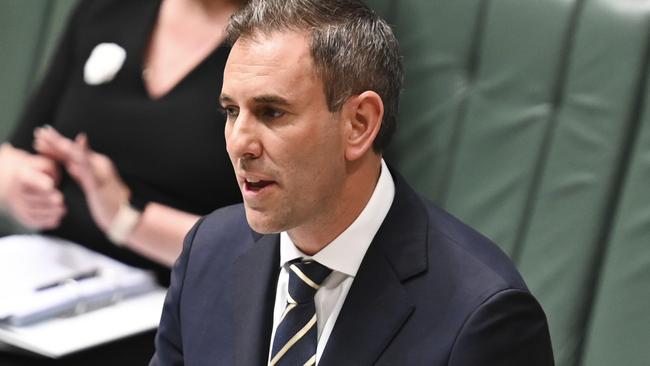
Fight over cash derails register
The national guns register has hit an 11th-hour roadblock with a blow-up between state and federal treasurers derailing plans to finalise a funding deal.
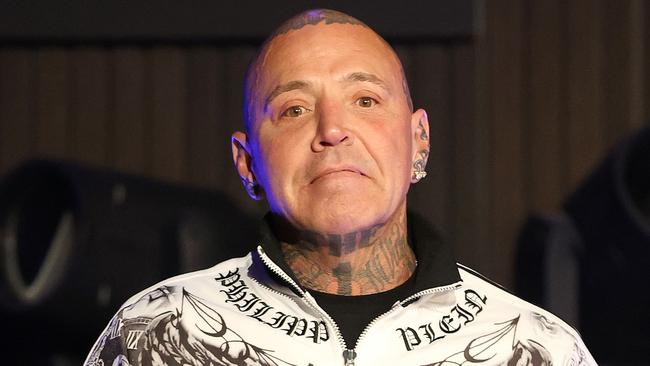
Delays give high-risk suspects 41-day start
No money, competing priorities: Victoria Police delays give high-risk suspects 41 days grace period before firearm prohibition orders are served.

Firearms register ‘now within range’
Gun safety advocates say Australia’s state, territory, and federal governments have ‘never been closer’ to a deal on a national firearm register, 27 years after the Port Arthur massacre that first prompted calls for the database.
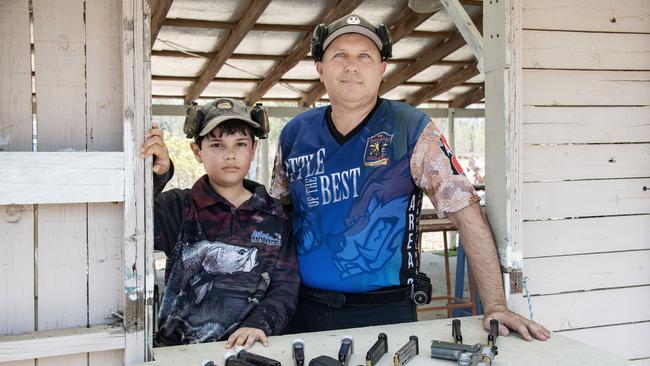
Young shooters aim for sporting success
Sport for some kids involves a ball or a racquet, but 12-year-old Quinn Coates-Marnane much prefers a pistol. The Cairns schoolboy is one of a growing number of children learning how to shoot competitively.
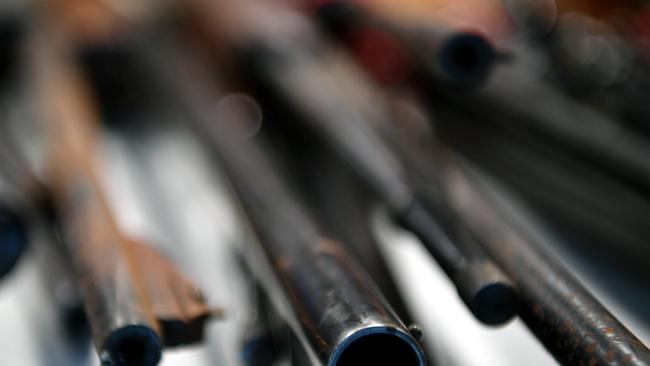
‘Ridiculous’: Police slam failure to act on guns register
An Australian-owned and operated company built New Zealand’s new national firearms database, prompting police advocates to ask why the same can’t be used domestically.

Victoria cries poor on guns, asks Canberra for help
Victoria has joined smaller jurisdictions asking Canberra for financial assistance to upgrade old state firearms registers to make them compatible with a real-time digital national gun database.
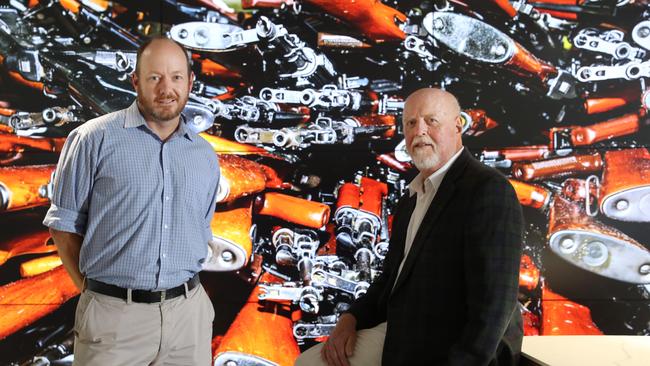
Aussie-made arms register controls guns abroad – why not here?
A low-cost simple-to-use system known as ArmsTracker is operational or being installed in countries across the globe. But its creators say it wouldn’t suit Australia because ‘they wouldn’t trust anything less than $2m’.
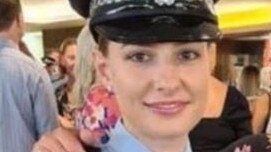
$30m slug to sign up to firearms registry
Smaller states and territories could be slugged with a bill of $30m each to join a national firearms register and are increasing pressure on the federal government to pay for the new digital guns database.
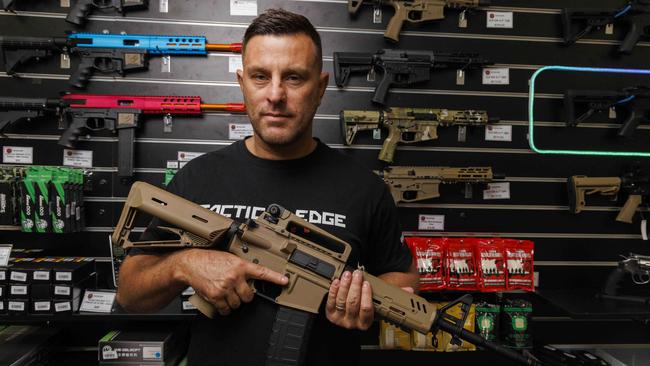
Pressure on state to ban replica ‘gel blasters’
Gun control advocates urge Queensland to follow the rest of Australia and ban gel blasters instead of labelling them toys.
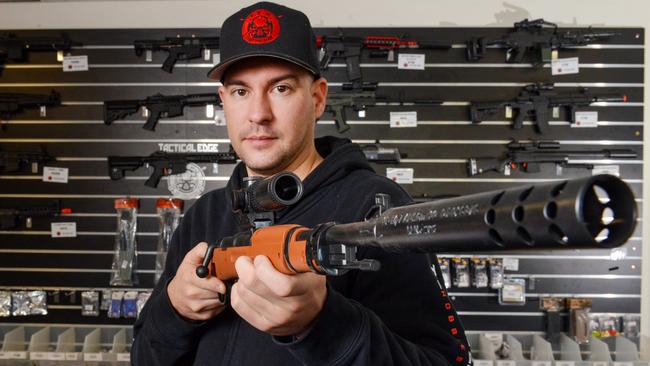
20 years’ jail for firing this ‘toy’? It’s ludicrous, blasts judge
In every other jurisdiction except Queensland you need a gun licence to wield this recreational weapon. Has the rest of the country got it wrong?
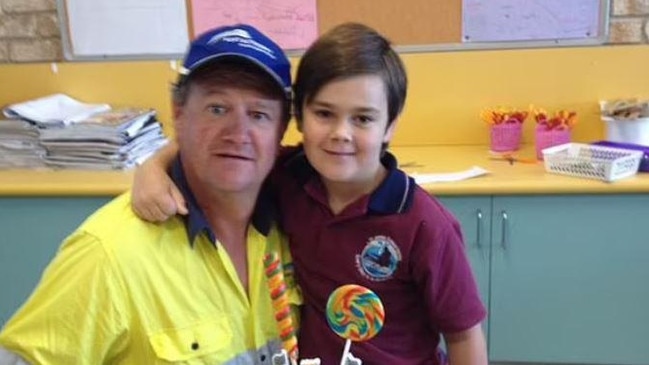
States resist health check for licences
Every state and territory except WA is resisting calls from coroners and advocates to introduce mandatory mental health checks before gun licences are granted.
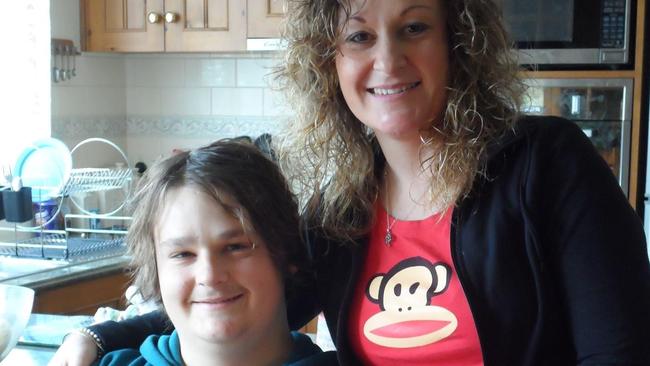
Grieving mother’s lament: Why did police let my son have a gun?
Just days after his 20th birthday, Robbie Lawrence unlocked his double-barrel 12-gauge shotgun from his father’s gun safe, drove to a remote bush track in regional Victoria, and killed himself.
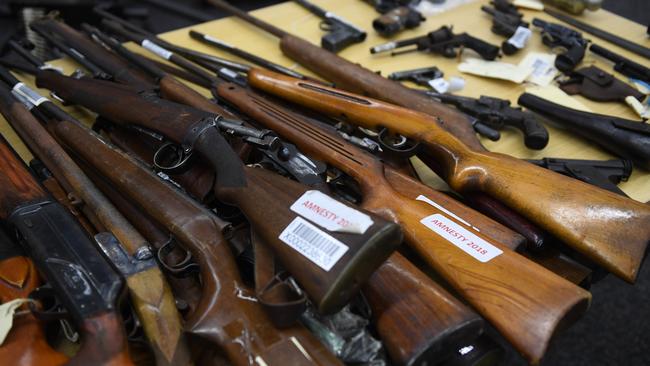
Legal guns near four million in Australia
The number of registered guns in Australia approaches four million for the first time, but ownership rates remain low, with a 48 per cent decline since the National Firearm Agreement in 1996.
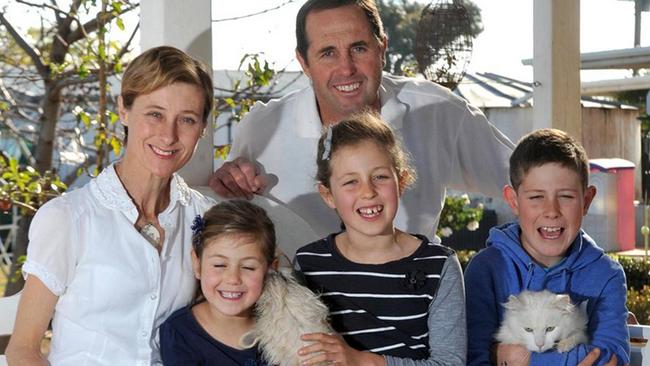
The forgotten victims of legal guns
Children, grandchildren and partners are the main victims of homicides carried out by licensed shooters, as lawful gun owners turn their registered weapons on those to whom they are closest.
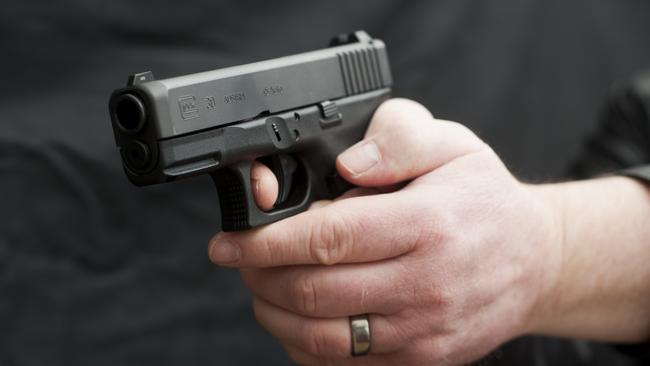
Coroners warn on shooting range suicides
Most of the nation’s shooting ranges are not required to install bulletproof barriers or lifesaving tethers for guns used by unlicensed shooters, despite coroner warnings after the suicides of at least 11 people.
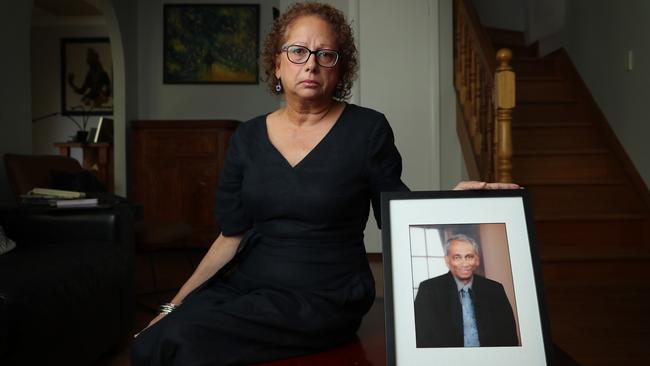
Shockwaves after daughter lures her dad to a violent death
It’s been 13 years since Di Bonarius’s sister shot their beloved father dead after stealing a gun from a pistol club, but the traumatic aftershocks of the violence are still shaking her family.
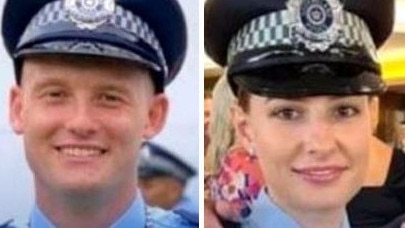
Inquest costs met for cops’ families
The families of the two murdered officers will have union-funded lawyers to represent them at the inquest, as one family expresses concern about some actions of Queensland police.
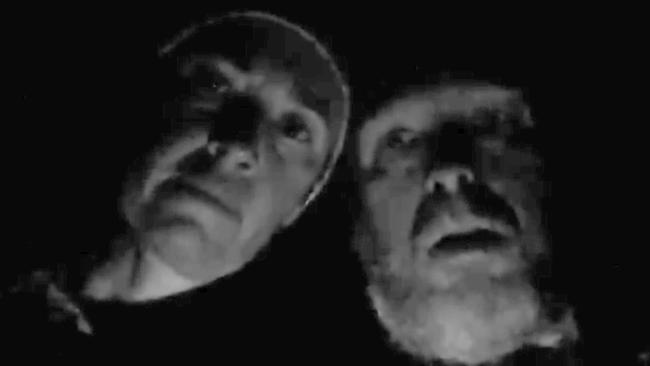
Christian extremist terror hit not enough to deliver gun register
Nearly a year after constables Matthew Arnold and Rachel McCrow and good Samaritan Alan Dare were gunned down at Wieambilla, bureaucratic inertia and a fight over funding has stalled the process.
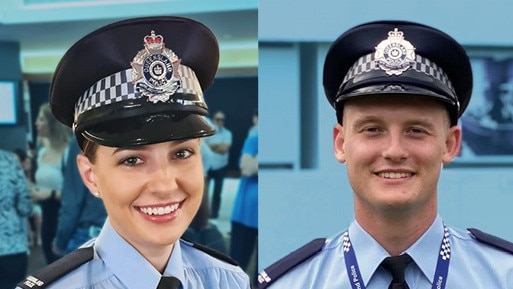
Young cop’s execution caught on body cam
Sniper’s lairs, battery-powered security cameras, and the cold-blooded execution of a young constable captured by her own body-worn camera: what really happened during the bloody Wieambilla ambush.
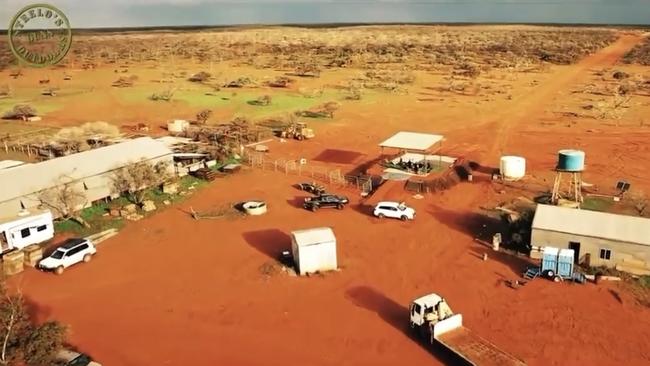
New laws were a killshot for Ella Valla station. Then Andrew Forrest swooped
For years, tourists would come to Shane Aylmore’s remote cattle property in WA, paying huge sums to fire enormous long-range weapons into the outback. In just one night, it was game over.
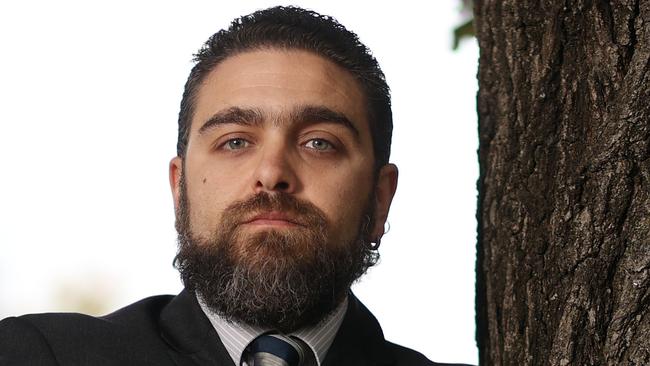
Gun, data reforms ‘would save cops’ lives’
‘Real time’ information would enable police to do a proper risk assessment before entering a property.
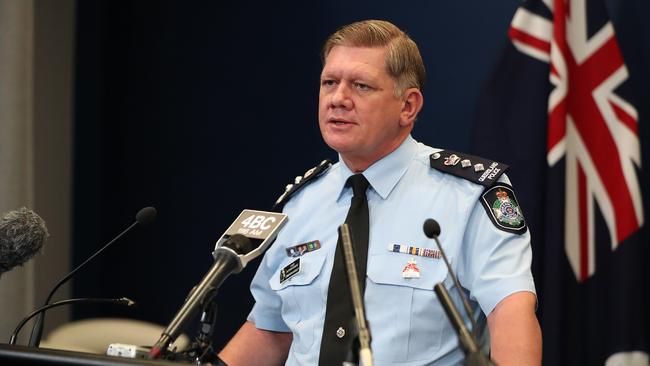
Outdated registry ‘is a threat to police’
Queensland’s firearms registry is still not fit-for-purpose and is putting police officers and the general public at risk, nearly three years after a warning from the auditor-general.
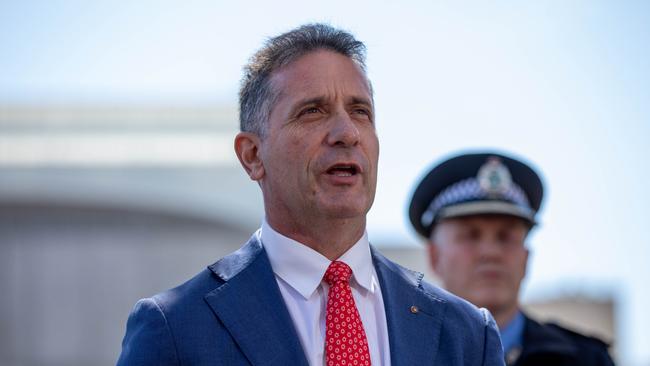
Up to 130,000 WA guns off the street
WA will become the first Australian jurisdiction to limit how many firearms a shooter can legally own, as the Labor government wants to slash the number of legal guns by about one-third.
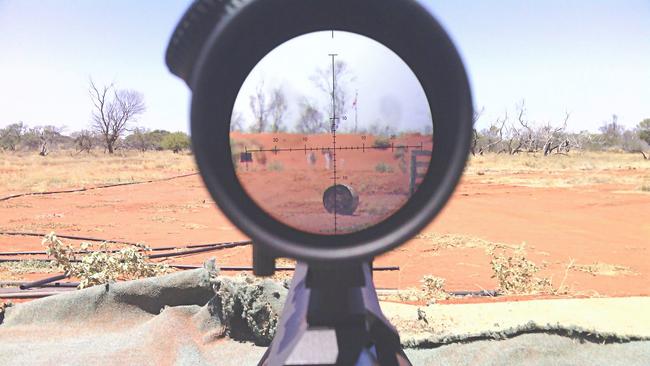
Federation fail: Patchwork of laws keep sniper rifles on our streets
High-powered .50 cal guns banned for being too dangerous by some states are legal over the border, as states and territories fail to harmonise gun laws or agree to a national gun registry.
The Australian understands that as well as bringing together details of all 897,204 of Australia’s licensed gun owners, and almost four million registered civilian firearms, the register will interact directly with ACIC’s National Criminal Intelligence System, which holds criminal intelligence, including details of those who hold extremist views.
A real-time national gun database would allow police across Australia to do a single, instant search to determine if someone has a firearm licence, what registered guns they owned, whether they were subject to family violence or other prohibition orders, their criminal history, and intelligence about any extremist beliefs.
As well, premiers and first ministers have agreed to change the law in their individual jurisdictions to ensure weapons and weapon parts have the same definitions nationwide, and will legislate to require gun dealers to use a new national verification system to check the validity of licences before selling a gun.
The firearm dealers’ data, including identifying information on firearms, suppressors and firearm parts known as frames or receivers will also be integrated into the database.
Each state and territory will also “cleanse’’ the data it holds, to remove errors, ensure consistency, and identify and remove information where gun entries have been duplicated because each jurisdiction records them differently.
This week’s breakthrough deal came after the Albanese government agreed to provide substantial funding to the states and territories to upgrade their mostly ageing and paper-reliant registries and make them compatible with a national database.
Authorities hope the changes will remove flaws in the existing system that let Wieambilla police-killer Nathaniel Train continue to buy ammunition on a suspended Queensland gun licence because no one had been able to find him to take his physical licence.
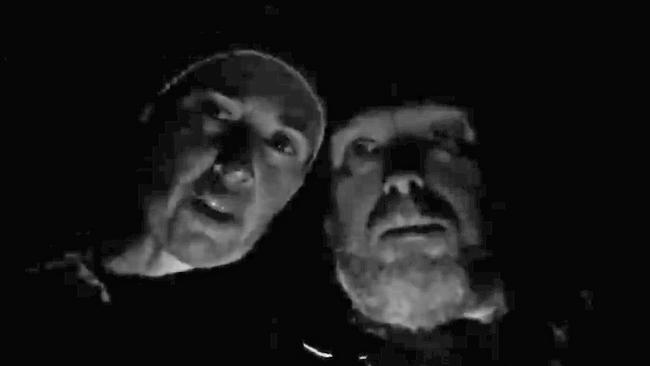
He, his brother Gareth and sister-in-law (and former wife) Stacey were killed by specialist police after they shot dead constables Matthew Arnold and Rachel McCrow, and neighbour Alan Dare, at the southern Queensland property, in the country’s first extremist Christian terror attack.
The changes should also prevent future incidents such as that involving John Edwards, who was able to obtain a handgun despite a history of domestic violence, which he then used to murder his teenage children in Sydney in 2018.
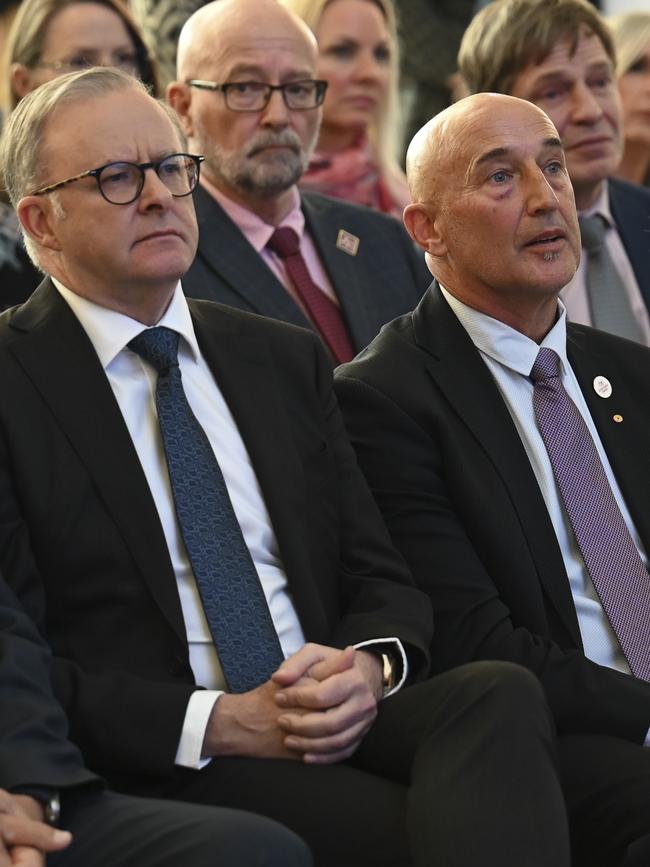
Anthony Albanese on Wednesday night wrote to one of the most determined advocates for a national gun register, Walter Mikac, whose wife, Nanette, and daughters Alannah, 6, and Madeline, 3, were shot dead at Port Arthur. “This landmark agreement is a huge step forward for gun reform, for law enforcement and for the safety of all Australians,’’ he told Mr Mikac.
“I am writing to you because such a large part of this achievement belongs to you and to the Alannah and Madeline Foundation.
“As Prime Minister and patron of the … foundation, I thank you for the inspiration you have provided and the powerful personal advocacy you have given to this cause over nearly three decades.
“You are a great Australian and out nation owes you a profound debt.’’
Work to build the register and start accessing information from across the jurisdictions will begin mid-2024. It is expected to be operational by mid-2028.



To join the conversation, please log in. Don't have an account? Register
Join the conversation, you are commenting as Logout